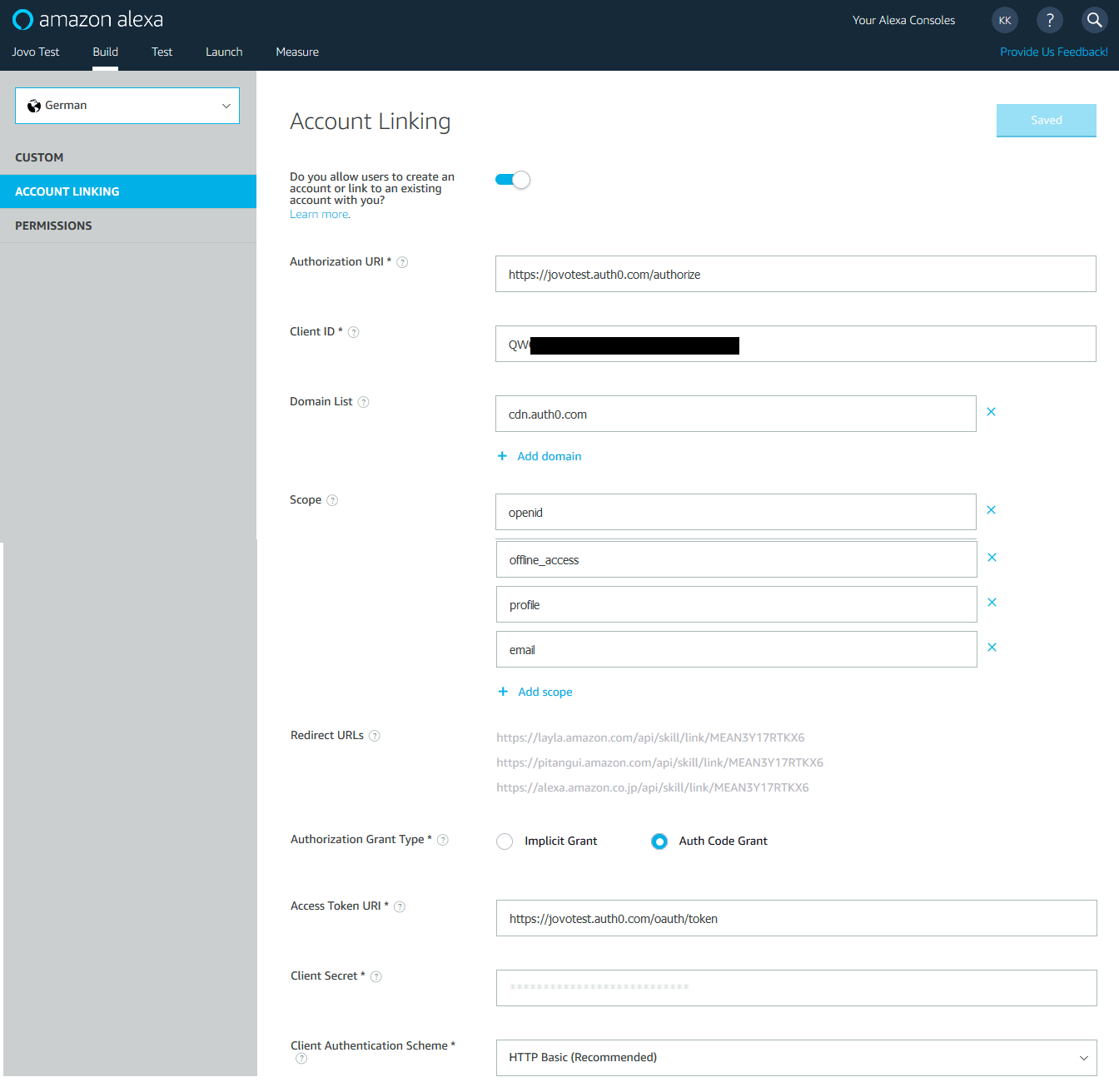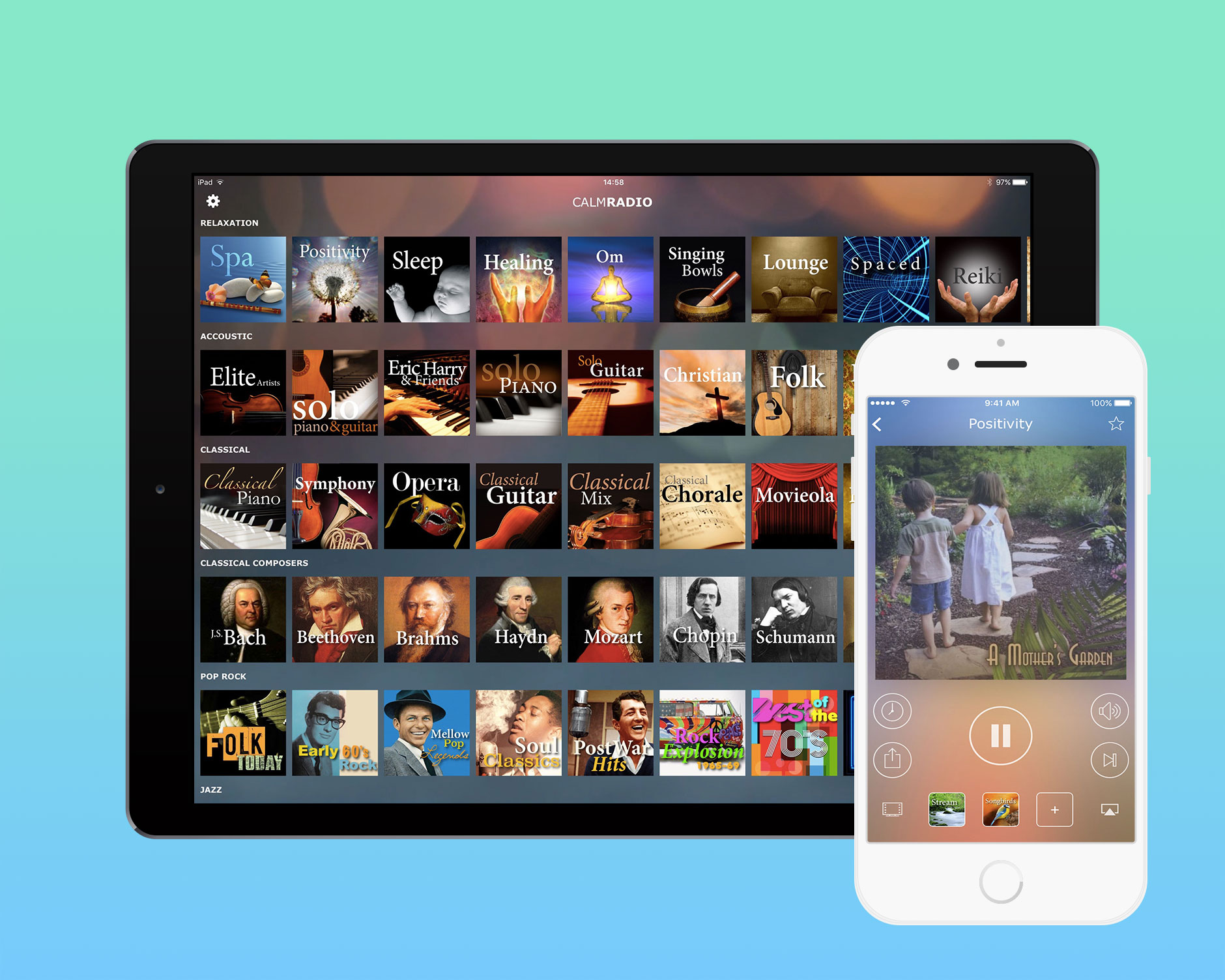

But then last year, the full-scale war in Ukraine started, which helped to keep inflation higher than anyone would like for longer.

I mean, it's truly impressive.ĬHILDS: Just a year later, consumer spending was high, and the U.S. Turned out it did not last.īRUSUELAS: When we take a look at the emergence out of the pandemic recession compared to the previous recessions, this recovery looks unlike anything we've seen since the 1980s. A quick recap on the jobs picture - in May 2020, in the depths of the pandemic, it wasn't clear how long the recession would last. It's been way more resilient than anyone predicted. But the labor market is still confounding forecasters and the Fed. And those higher rates have also helped an absolutely bananas housing market to calm down. The Federal Reserve has hiked interest rates so many times, which seems to have helped to cool historic inflation. Now, for the most part, the super-unexpected stuff seems to be in the past.

He's the chief economist at RSM, a tax and consulting firm. JOE BRUSUELAS: When we look at forecasting, we always think about who's going to be wrong less, right?ĬHILDS: Right. Forecasting is impossible, especially in and after the pandemic economy, when the unexpected just kept happening. MARY CHILDS, BYLINE: We know that when we ask our prestigious, world-famous economic forecasters to look in their little crystal balls, which is something they have because that's how economics works, there will be a lot of room for error. And monthly employment reports keep defying predictions. The team at NPR's Planet Money sometimes asks economists what they think will happen next, which is a tough question, given that one of the best indicators is supposed to be the job market.


 0 kommentar(er)
0 kommentar(er)
